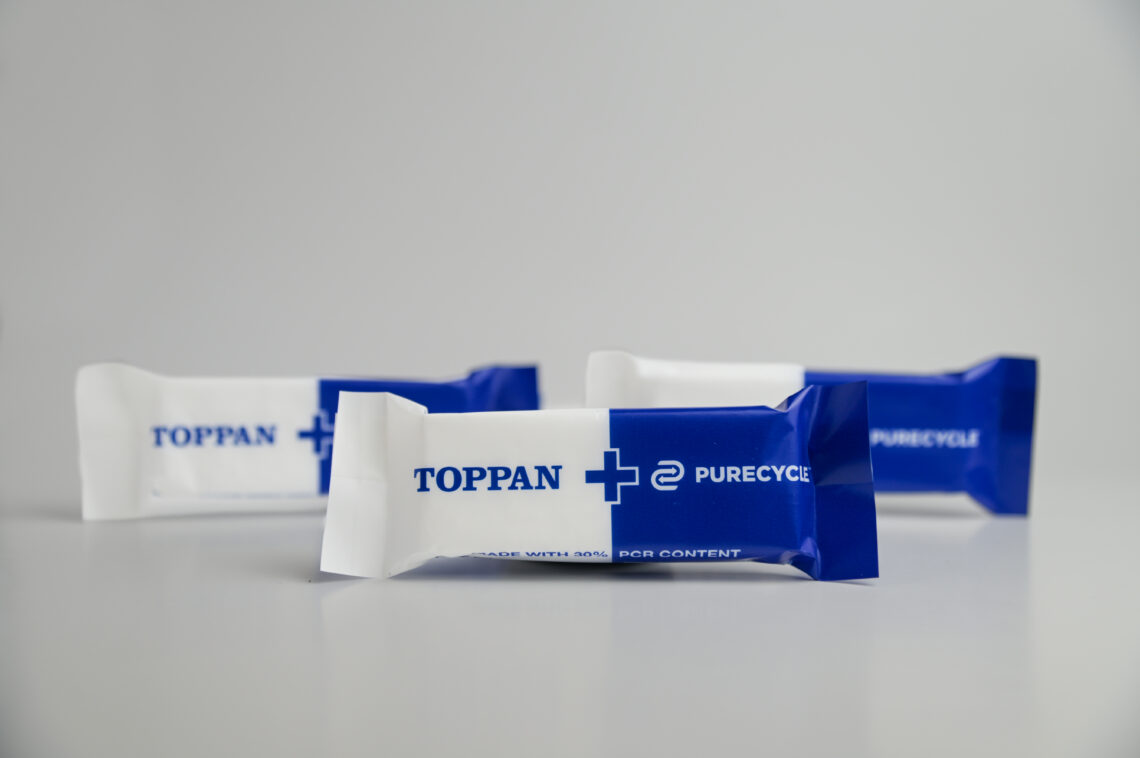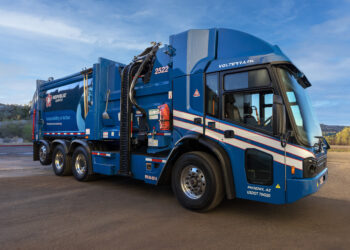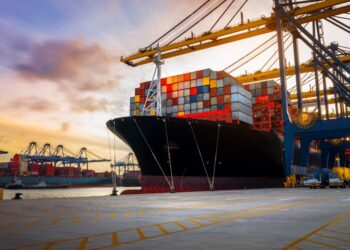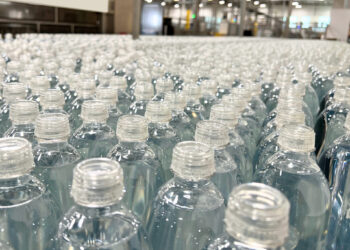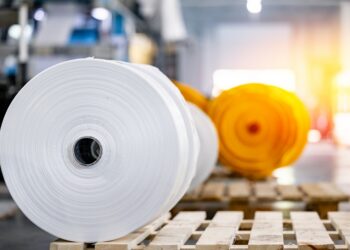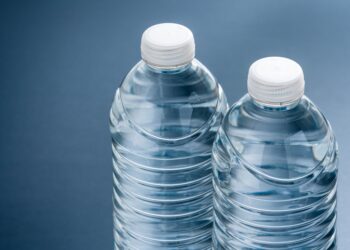Plastics Recycling Update
Sony heads renewable plastic supply chain
Sony and 13 partners formed a unique global supply chain to make circular plastics for Sony high-performance audiovisual products using...
Republic Services waiting on fourth Polymer Center
The nationwide hauler said higher Polymer Center volumes helped offset lower recycled commodity prices in 2025, with a third in...
UN trade data, tools aim to shape plastics treaty talks
UN agencies aim to use the harmonized trade data and a statistical framework to improve outcomes for the global negotiations,...
Origin Materials to reduce staff in reorg
The materials technology company will lay off 32% of its staff and shift more resources toward commercializing PET closures, a...
Focus on recycling film, flexibles takes shape in two reports
The US Plastics Pact and the Alliance to End Plastic Waste released reports outlining necessary steps to improving recycling outcomes...
Bipartisan reps introduce bill on recycling claims
Legislators introduced the Recycled Materials Attribution Act in the US House, drawing support from a new industry group and scrutiny...
APR, industry create proactive guidance for PET caps
The Association of Plastic Recyclers recognized that developing guidelines before PET caps were completely developed and commercialized was crucial, and...
HDPE, PP bales rise as paper fiber and cans stabilize
National average prices of post-consumer material bales were flat to higher on the month.
Alpek talks PET overcapacity, soft demand
Executives from the Mexico-headquartered polyester giant said the Chinese government has acknowledged issues and convened PET producers, but Alpek is...
APR expands recycling efforts in Mexico, Latin America
The organization aims to leverage Mexico's leadership in plastics recycling and vital role in North American markets.













